Whitetails will seek the first available high-quality browse and green food in early spring to revamp their ravaged bodies from a long cold winter and the rigors of 2 months of rutting. The first new sprouting native vegetation has more high octane nutrition in it than it will have at any other time of the season. The protein and mineral content in the new spring/summer growth is toppled with nutrition. Whitetails turn to fresh new grasses, native browse, and flowering plants to gain back what was lost in winter. The new browse shoots from these native plants are highly nutritious, bringing high octane nutrition from 18% to 30% to lactating does and boosting muscle development and replenishing weight loss on bucks who are beginning the journey of antler development.
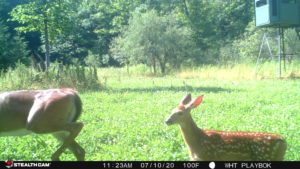 Annual and perennial forbs and native browse are the main tiers of a deer’s diet during the spring and summer months.
Annual and perennial forbs and native browse are the main tiers of a deer’s diet during the spring and summer months.
Well-Rounded Nutrition
Whitetail deer require different nutritional requirements at different times of the year; just like people, whitetails need a well-rounded diet. Growing bucks, lactating does, and newborn fawns require these nutritional needs: calcium, phosphorus, fiber, sodium, carbohydrates, and fat, as well as the baseline of protein and water. By providing a good chunk of these requirements on your property, whitetails will gravitate to your ground, and more times than not, spend the majority of their life on your property.
Nutritional Calendar Summer/Fall
Woody browse or deer browse is defined as the leaves, twigs, and buds of woody plants consumed by whitetails. Whitetail deer are primarily browsers. Eating browse is an important part of what deer consume especially during the late winter months and early spring months when food is hard to come by. Browse is likely the only food available to deer during much of the winter.
Hard (Acorns,Hickory) and soft mast (Apples) are a whitetails main focus during the fall when antler development has finished and does have weaned their fawns, allowing deer to build up their fat reserves for the rigors of the breeding season and the upcoming winter. Acorns and corn are low in protein but have a huge high energy and fat content, so they are staple foods in areas where they are available.
- Beech nuts
- Blackberry
- Crabapple
- Grapes
- Hazelnut
- Honey locust
- Oak (acorns)
- Persimmon
- Corn
- Beans
Grasses rarely are a preferred food item of whitetails, except during the early growth stages when the grass shoots are more digestible, from April through June. Grains, such as oats, wheat, and rye, are preferred.
- Bluegrass
- Bromes
- Oats
- Panic grasses
- Rye
- Wheat
For a healthy whitetailed deer population, landowners and managers have to understand and provide whitetails their nutritional needs throughout the year. Although whitetail nutritional requirements vary by season, deer density, and physiological activity, a well devised plan like the ones from the QDMA management practices can be implemented to enhance habitats, providing a diversity of forages to keep whitetails on your hunting property.

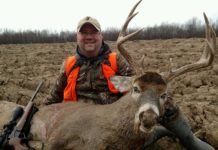
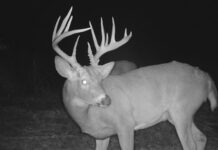
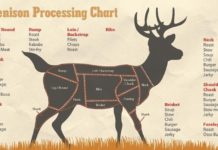
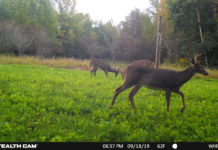


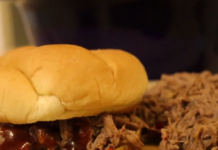
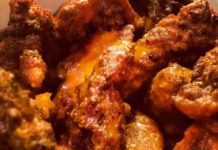
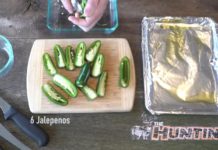
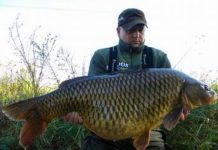
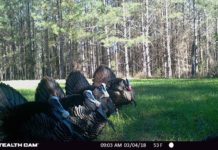

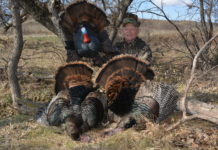

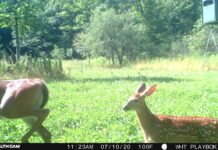
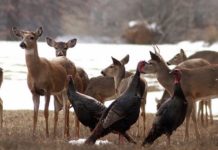
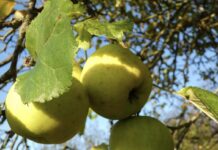
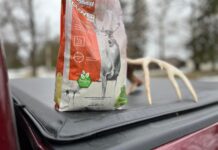
![The Best Deer Camp Chili [VIDEO] Deer Chili Ingredients, Tomatoes, Chili Spices](/wp-content/uploads/2015/10/Deer-Chili-Deer-Camp-Recipe-218x150.jpg)
![How to Call Elk Early in the Season [VIDEO]](/wp-content/uploads/2016/08/byers003-218x150.jpg)

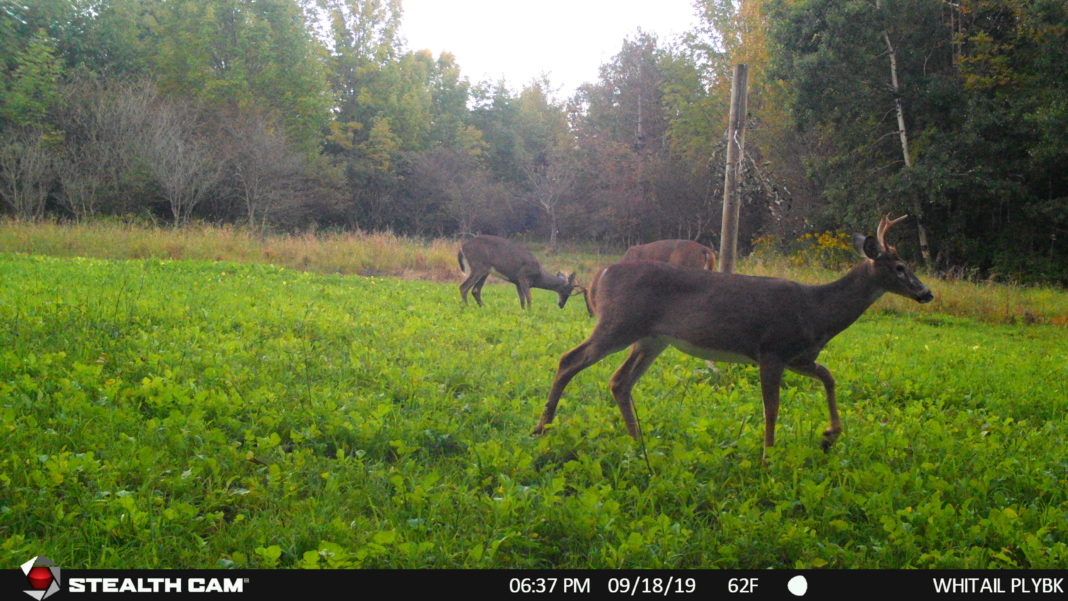



![Idiots Disturb Hunter: How Would You Have Handled It? [VIDEO]](/wp-content/uploads/2015/10/DSC00110-e1474487693878-100x70.jpg)
![Albino Buck Shocked to Shed His Antlers [VIDEO]](/wp-content/uploads/2015/10/AlbinoDeer-100x70.jpg)